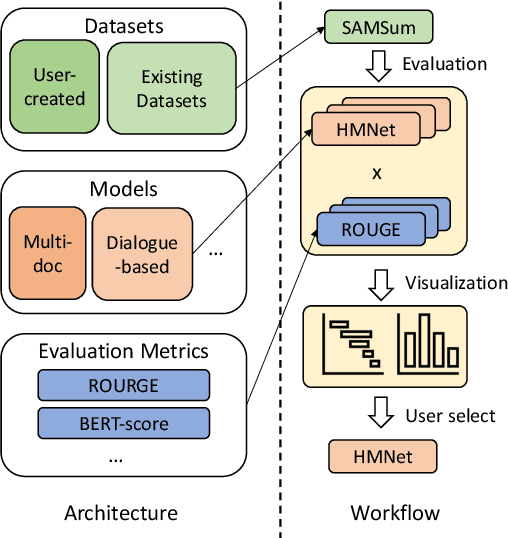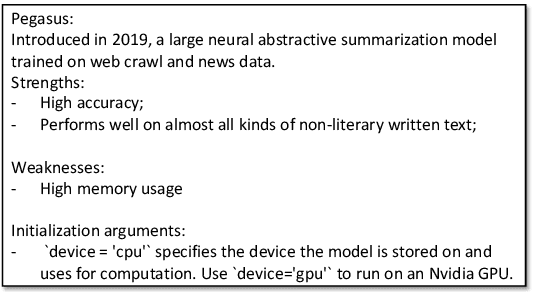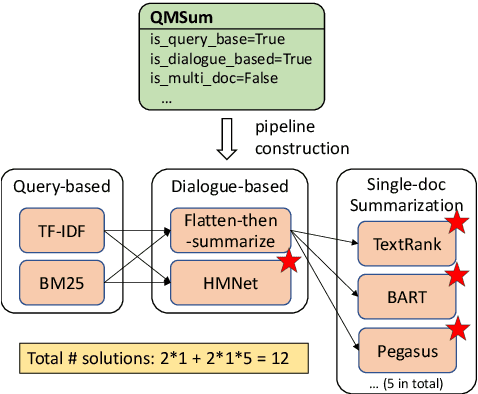Troy Feng
L2CEval: Evaluating Language-to-Code Generation Capabilities of Large Language Models
Oct 02, 2023Abstract:Recently, large language models (LLMs), especially those that are pretrained on code, have demonstrated strong capabilities in generating programs from natural language inputs in a few-shot or even zero-shot manner. Despite promising results, there is a notable lack of a comprehensive evaluation of these models language-to-code generation capabilities. Existing studies often focus on specific tasks, model architectures, or learning paradigms, leading to a fragmented understanding of the overall landscape. In this work, we present L2CEval, a systematic evaluation of the language-to-code generation capabilities of LLMs on 7 tasks across the domain spectrum of semantic parsing, math reasoning and Python programming, analyzing the factors that potentially affect their performance, such as model size, pretraining data, instruction tuning, and different prompting methods. In addition to assessing model performance, we measure confidence calibration for the models and conduct human evaluations of the output programs. This enables us to identify and analyze the typical failure modes across various tasks and models. L2CEval offers a comprehensive understanding of the capabilities and limitations of LLMs in language-to-code generation. We also release the evaluation framework and all model outputs, hoping to lay the groundwork for further future research in this domain.
SummerTime: Text Summarization Toolkit for Non-experts
Sep 10, 2021



Abstract:Recent advances in summarization provide models that can generate summaries of higher quality. Such models now exist for a number of summarization tasks, including query-based summarization, dialogue summarization, and multi-document summarization. While such models and tasks are rapidly growing in the research field, it has also become challenging for non-experts to keep track of them. To make summarization methods more accessible to a wider audience, we develop SummerTime by rethinking the summarization task from the perspective of an NLP non-expert. SummerTime is a complete toolkit for text summarization, including various models, datasets and evaluation metrics, for a full spectrum of summarization-related tasks. SummerTime integrates with libraries designed for NLP researchers, and enables users with easy-to-use APIs. With SummerTime, users can locate pipeline solutions and search for the best model with their own data, and visualize the differences, all with a few lines of code. We also provide explanations for models and evaluation metrics to help users understand the model behaviors and select models that best suit their needs. Our library, along with a notebook demo, is available at https://github.com/Yale-LILY/SummerTime.
 Add to Chrome
Add to Chrome Add to Firefox
Add to Firefox Add to Edge
Add to Edge